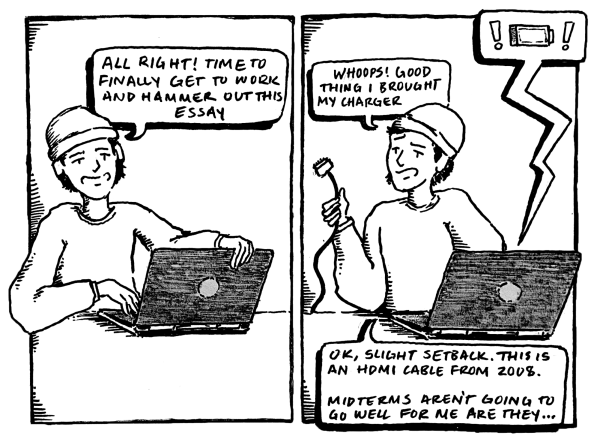Paire: Making Dating A Little Less Horrible
Editor’s Note: This piece was written on behalf of the Paire team, which also includes Ishaan Thota and Parker Swanson.
Dating is such a mess. Purely from a logical standpoint, it’s just so inefficient. To start with, you have to find someone. Often we look within our immediate circles, which means friends of friends, and people we meet during the course of our regular activities. People are restricted to a small group within which they’re far from guaranteed to find a match. If you are interested in someone within this group, the troubles have only begun. This person needs to be looking for a relationship, they need to be interested in people of your gender, they need to have compatible expectations on the roles of physical intimacy and sex in a relationship, and, most importantly, they need to reciprocate your interest. With all the hoops you have to jump through, I’m surprised anyone ever finds a date.
In theory, dating apps are supposed to solve these problems, but they somehow manage to make things even worse. Apps, like Tinder, are dominated by people searching for hookups, making finding a date online a more Herculean task than finding someone in your immediate circle. Even apps that claim to be more relationship-focused, such as OkCupid or Hinge, are appearance-centric rather than compatibility-based. They do little to solve the problems that arise from dating someone you don’t know very well, and people often match only to find out later that their fundamental expectations for a relationship differ.
I always wondered why none of these apps or services addressed these problems, so, a few months into my time at Oberlin, I brought the idea up to friends. A couple of weeks after, we stayed up till 2 a.m. brainstorming ideas, and thus the concept for Paire was born. We spent the next year gathering data from as many people as possible, trying to figure out what exactly people would want from a new kind of dating app. After countless hours creating surveys and even more hours going over the results, we spent Winter Term 2020 developing Paire. Over the past six months we have been creating the beta version of the app, finally releasing it this June.
While the app has changed a lot since its inception, its main goal remains to eliminate many of the barriers people face when trying to date. Along the road, we’ve come across a variety of other issues people may face when dating and have worked to address them with Paire. As someone who is neither cisgender nor allosexual, I was keenly aware of the issues people like me often face on dating apps. We wanted to ensure that our app catered to everyone who wanted to find a date, not just to certain groups. Among other things, we allow people to appear in searches specifically for non-binary individuals, and we factor the importance of sex in a relationship for users into our matching algorithm, two areas in which most other apps are notably lacking. Additionally, the app focuses on pairing people based on compatibility, and not just looks, so users do not see each others’ pictures until after they’ve already matched.
Releasing in beta has, of course, been a wild process. As with any beta release, we were initially plagued with bugs and issues with our website, and we had to spend hours fixing things we thought worked. Additionally, our app still doesn’t have much of the functionality we plan to have in our final release, such as in-app chat and mobile support. This, combined with the fact that we released in the middle of a pandemic, made for a truly hectic beta release. Yet, we figured that there is no better time to uniquely equip people to find others with whom they could form meaningful and lasting relationships.
Oddly enough, we weren’t the only ones planning an ambitious project during the pandemic. Near the end of the semester, rising Conservatory fourth-year Charlotte Maskelony, the director of the recent production of At the Statue of Venus, cold-called one of Paire’s co-creators and asked whether we would be interested in working on an interdisciplinary project, featuring the opera she was set to direct in tandem with our dating app. The resulting collaboration, Dating from a Distance, took place on Saturday, June 27, and featured a presentation on Paire from the team in addition to the opera itself. A forum featuring both the cast of the opera and the Paire team followed. The opera itself follows a blind date, just the sort of situation Paire is trying to avoid! In working with the Venus team, we got to better understand the many issues and expectations that come with a date of this sort, and consequently, how our app could help circumvent those problems.
Paire is now just over three weeks into its beta, and we’ve been thrilled with how well it has been doing so far. Despite releasing at a time when people have a lot of other things to worry about, we’ve managed to have more than our expected number of beta users sign up, with over half of the people who have completed sign-up finding a match on the site. This percentage is even higher if only active users are counted. But the app still has room for growth. Beta testing is a time to work on and improve products, and we will continue working on Paire not only to add new features, but also to help overcome the new issues and struggles Obies have with dating. We’re always looking for more users, and more suggestions. Check out the app at pairedating.com, and contact us with your thoughts at [email protected].


